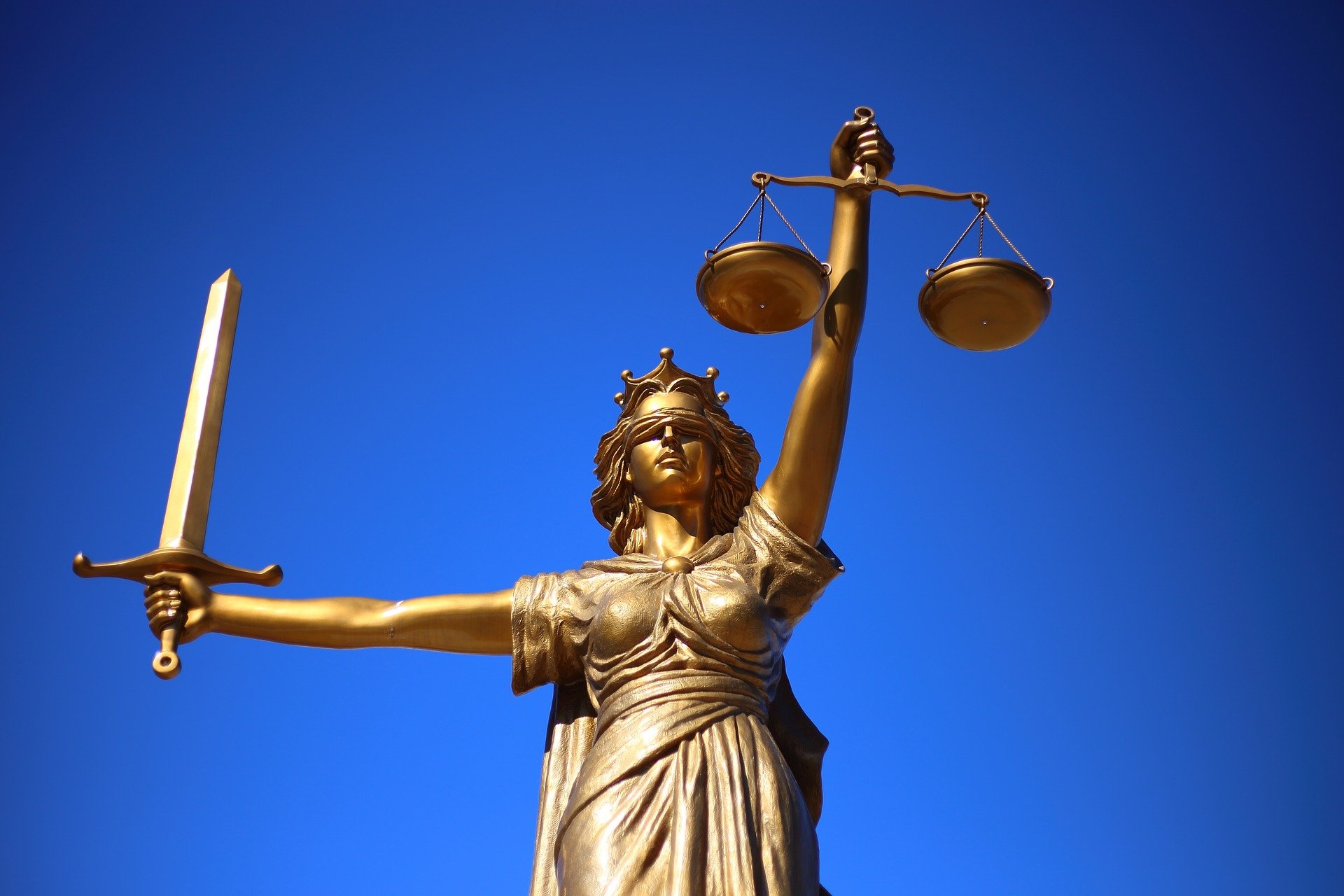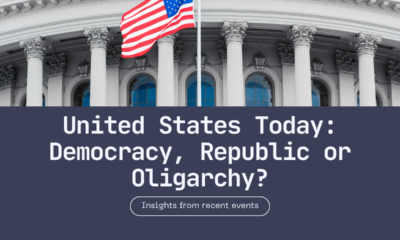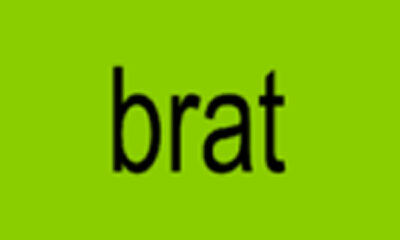Constitution
Equity Is Justice, Redefined
The concept Diversity, Equity and Inclusion is a wholesale attempt to redefine justice as revenge on the meritorious.

Diversity and inclusion are not what’s wrong with DEI.
“Diversity” and “Inclusion” are apple-pie American concepts that echo our national motto: out of many, one; from diversity, inclusion, and unity.
What DEI proponents have cleverly done, though, is sandwich between two “good” words a third word with ancient roots that they have vested with a new, radical meaning and evil implications. That word is “Equity.”
Equity arose in Anglo-American legal history as a procedure by which an injured party could petition the king to right a wrong that the rule of law did not address.
For example, under law, damages were the sole remedy for a person who suffered a tort or breach of contract, but the law did not provide an adequate remedy for an ongoing, or not-yet-completed, wrongful action. In these events, the British king (or his chancellor) could step in and command the wrongdoing to stop.
In the U.S., the mechanics of “equity” were folded into the rule of law more generally. Courts administer equity and law the same way: on a case-by-case base with legal reasoning applied to the facts in light of how prior cases with similar facts were resolved.
So, in our traditional usage, equity is encompassed within the rule of law. In our system of government of, by, and for the people, in which all people are created equal, there is no king above the law who is permitted to take actions outside the law.
Still, the ancient idea of the king “doing justice” through equity made “equity” a synonym for “justice” in common usage.
But the E in DEI is not a call for “justice” in the ordinary sense of remedying an individual wrong based on particular facts. Instead, it is a call for “social justice” based on a theory: the idea that whites, Jews, and Asians are oppressors and everyone else is oppressed. To the DEI self-styled “anti-racist,” every aspect of society and every institution is tainted by “white supremacy,” and the color-blind ideal of traditional American liberalism is not sufficient to remedy racism that’s built into institutional DNA.
So, in DEI speak, equity is a call for revolution; it’s a call to overturn all government, economic, and social institutions and the rule of law itself because all institutions are, by their nature, unjust to oppressed groups – or so they say.
Equity turns the American ideal of equality and equal justice under the law upside down. Under DEI, individuals should benefit (and others suffer) based on skin pigment, gender, or ethnicity, not because of what they have done, and without any finding of a particularized injury or wrongdoing, all because of events long past involving people long dead.
DEI establishes a modern caste system, in which rights and benefits are assigned by a group in order to achieve “social justice;” we may have been created equal, but some are more equal than others, according to the “equity” ideologue.
The oppressor/oppressed framework for assessing “social justice” also drives DEI’s “intersectionality” logic: disparate groups who suffered discrimination in the past (excluding the Irish, Poles, Jews, and other disfavored whites) have a common interest in “social justice.” Intersectionality theory is why DEI ideologues hold the improbable idea that the U.S. civil rights struggle is linked to Middle Eastern conflicts.
Indeed, the response of DEI ideologues to Hamas’ Oct. 7 attack reveals much about the E between the D and the I: Palestinians are oppressed and Israelis are oppressors, so Hamas’ attack is equity, not an atrocity.
This immediate, weirdly enthusiastic embrace of Hamas’ evil-doing and the ongoing campus and other protests in support of Hamas raise the obvious question: If slaughter is justified in Israel, then what is acceptable in the name of equity in America, where DEI proponents believe “white supremacy” is an intractable systemic problem requiring the “deconstruction” of everything?
Americans of good faith reject racism and should, therefore, toss DEI’s unjust concept of “equity” on the ash heap of history while renewing our commitment to D&I in the pursuit of equal opportunity and equal justice for all.
Could this be why Joe Biden, who embraced “equity” instead of equality and equal opportunity from the outset of his administration, switched back to “equality” while speaking in Charleston recently, sidling away from the inhumanity of this ideology? Or was that merely a slip of the tongue by an old man harkening back to our earlier age?
We shall see. But, based on what we have already seen, it’s clear that the E between the D&I spells an end to equal opportunity and equal justice for all, an end that would be inhumane, brutal, and evil.
This article was originally published by RealClearPolitics and made available via RealClearWire.
Richard Porter is the National Committeeman from Illinois on the Republican National Committee.
-

 Executive4 days ago
Executive4 days agoSecret Service chief gets no solace
-

 Executive3 days ago
Executive3 days agoWaste of the Day: Louisville Taxpayers Pay Nearly $600,000 For Empty Building’s Maintenance, Security
-

 Guest Columns4 days ago
Guest Columns4 days agoFear Itself: Democrats’ Favorite Strategy Caused Their Current Chaos
-

 Executive3 days ago
Executive3 days agoWhere is Joe Biden – or Jill?
-

 Executive1 day ago
Executive1 day agoWaste of the Day: Throwback Thursday: Cities Used Crime Prevention Funds on Soccer Games, Paper Shredding
-

 Civilization4 days ago
Civilization4 days agoBuild Iron Dome in the United States To Prepare for Israel’s Worst Day
-

 Executive2 days ago
Executive2 days agoFacile and politically motivated suggestions
-

 Executive4 days ago
Executive4 days agoThe Emerging GOP Plan To Beat Kamala Harris











